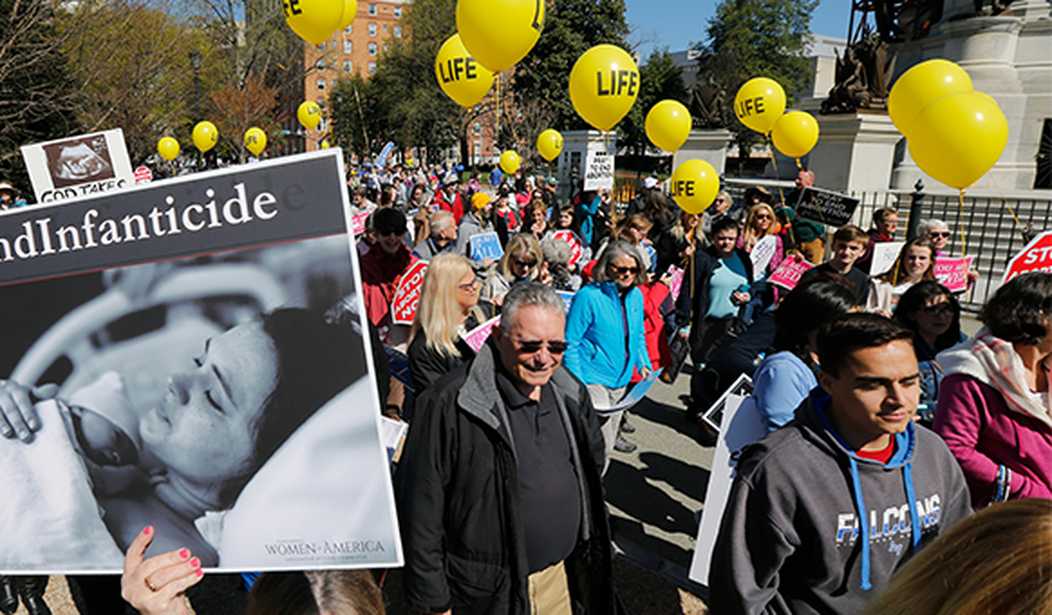Hundreds of protesters marched in Warsaw, Poland, demonstrating against a ruling by the nation’s Supreme Court that you cannot kill a baby because of “fetal defects.”
But it leaves in place the right of legal abortions in cases of rape, incest, and the health of the mother.
Apparently, this just isn’t good enough for the pro-abortion crowd that wants abortion on demand anytime and all the time.
Poland’s highest court ruled Thursday that abortions due to fetal defects were unconstitutional. Around 98% of abortions in Poland had been conducted as a result of fetal defects, meaning the ruling bans virtually all terminations taking place in the country.
The country already has some of the strictest abortion laws in Europe and will now only allow a termination in cases of rape, incest or when the mother’s life in danger.
There is nothing radical in this decision. In fact, most Americans support legalized abortion but with similar restrictions.
Even though Americans are solidly against overturning Roe, a majority would also like to see abortion restricted in various ways. In a separate question, respondents were asked which of six choices comes closest to their view of abortion policy.
In all, 61% said they were in favor of a combination of limitations that included allowing abortion in just the first three months of a pregnancy (23%); only in cases of rape, incest or to save the life of the woman (29%); or only to save the life of the woman (9%).
That’s a far cry from radical feminists who are demanding the option of late-term abortions. Just 12 percent of Americans favor their radical abortion vision, with solid majorities of even pro-choice women favoring some restrictions.
The survey also found that majorities of pro-choice Americans support substantial restrictions on abortion. Americans as a whole – and pro-life Americans –support restrictions at even higher rates.
Two-thirds of pro-choice Americans would support limiting abortion to – at most – the first three months of pregnancy. The view is shared by 8 in 10 Americans overall (81 percent). More than 6 in 10 pro-choice Americans (62 percent) and a similar number of Americans overall (61 percent) would ban abortion after 20 weeks, except to save the life of the mother. And more than half of those who identify as pro-choice would ban taxpayer funding of abortion, a view shared by 68 percent of Americans overall.
So pro-life women aren’t so “radical” after all. Supreme Court nominee Amy Coney Barrett being portrayed as an anti-abortion extremist is ludicrous. She has carefully considered abortion cases while serving on the lower court and is very much in the mainstream when it comes to restrictions on abortion. Trying to paint her as a crusading radical is dishonest and says more about her critics than it does her.
Meanwhile, Poland, as a Catholic country, could hardly have opened the floodgates to abortion. There will be those who argue that forcing a woman to carry a deformed child to term is cruel and imposes burdens on women. That may be true. And someday, medical science may find a way to cure a child of many deformities while in the womb or even program genes not to turn on and create the deformities in the first place. Those practices raise their own ethical dilemmas and may not be the alternative they appear to be.
But for the moment, the Polish Supreme Court has issued a ruling perfectly in line with the beliefs of its people. And the radicals are shut out.










Join the conversation as a VIP Member